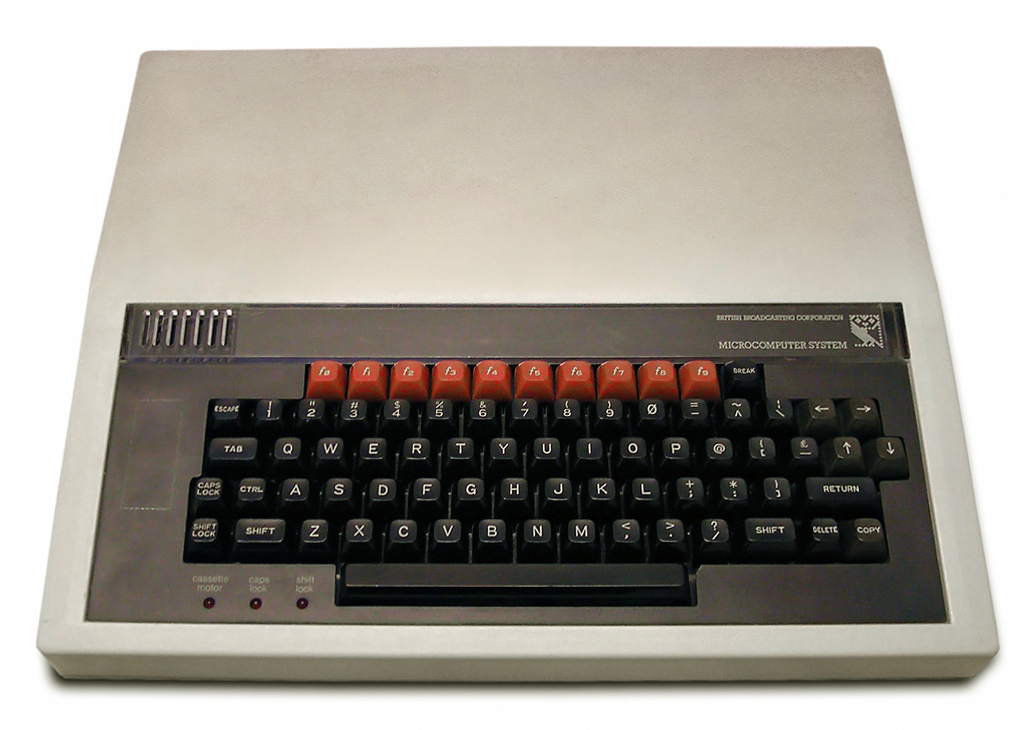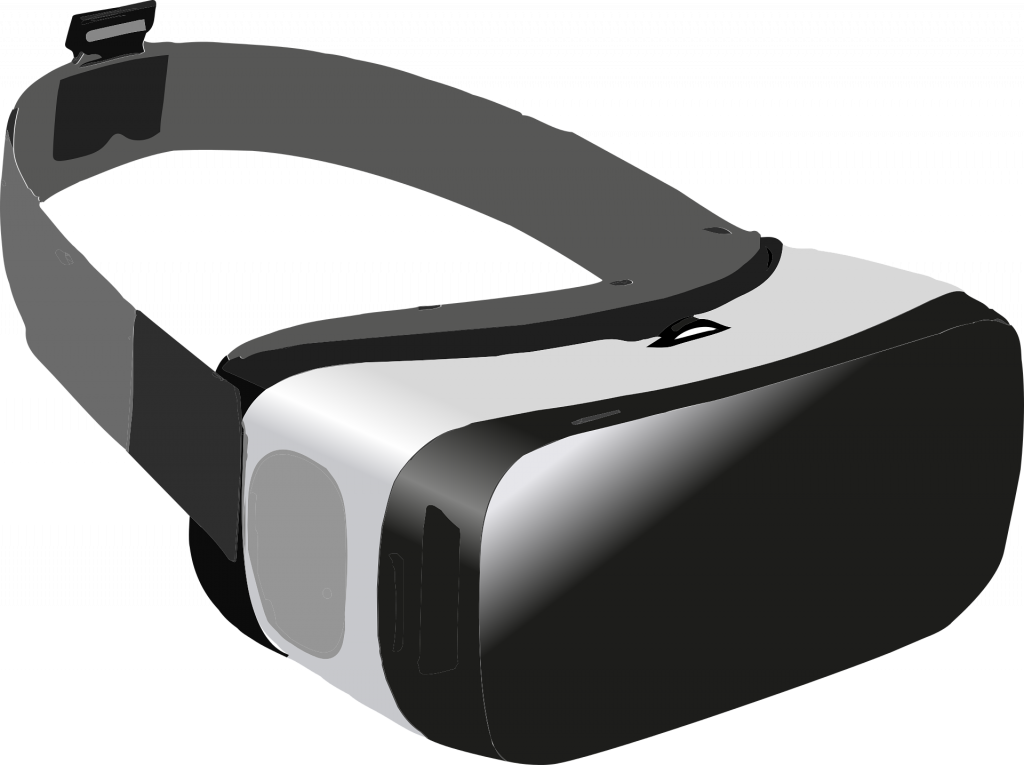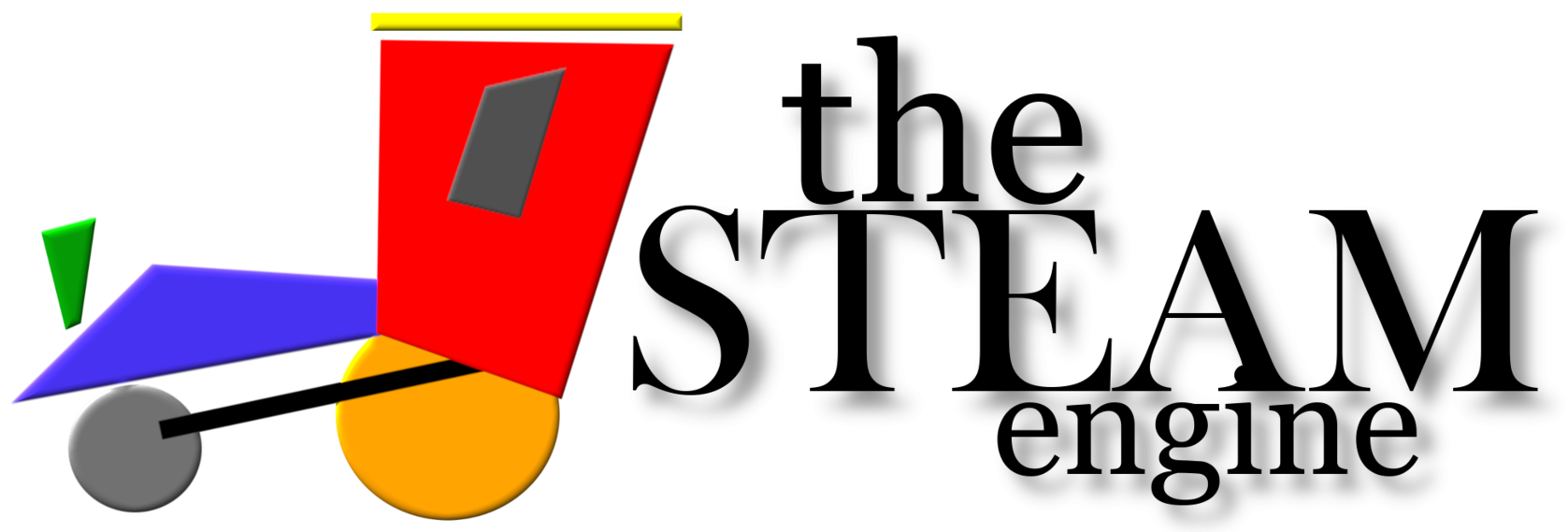I am back with an ongoing tale. A tale of joy, sadness and a pinch of crazy headed fuzz! This is the beginning of an adventure, having made small games in the past, I am going to take you with me.

What have I got that helps me tell you the story of game development? Well, it’s a story that lasts, pretty much, all of my life! I have played games for as long as I can remember. The dawn of gaming in the late 70s saw the rise of home consoles like the Atari 1200 and Grandstand machines. These were very blocky, but were so much fun. From there, it led to a BBC Acorn Micro, another large block of plastic that drew me into writing the inevitable code:
10 Print “Hello!”
20 Goto 10
I have been a part of gaming’s ‘up-rise’ ever since. Between playing hours on my friend’s machines, to my own systems making their place beneath the television, I have loved so many different games over the decades.
In the early 90s, I got my first PC, one that was my own! I had spent so much time playing Wolfenstien 3D on my brother’s 386, I needed my own. It arrived in the guise of a 486 DX2/80. A speedy machine that was released just before the first Pentium-chipped monsters. I couldn’t afford the top of the range at that time, a DX4/100! Anyway, this was my first foray into my own PC gaming career. My best memory was playing Doom over the phone line with my friend on the other side of town. Good times!
I returned to the PC’s realm in 2012. It feels like home, a way of gaming that my PS3 just couldn’t keep up with.

I would never say that I am a programmer, I have made friends over the years that were amazing at it. One, in particular, owned a Playstation: Net Yaroze. This was essentially a black PSX that developers could play with; programming was done in the C language. I am a jack of all trades that loves to tinker. Releasing the first mini game on Apple’s iOS was just a challenge that I had to fulfil.
As a self proclaimed ambassador of STEAM, I want to bring the idea of digital engineering to the front. With children loving the gaming industry more and more, there is a place to use gaming as a structured move toward helping create the new real world builders. I know that the concept of engineering can be daunting, however, it doesn’t stop children and adults alike playing turret games. The very essence of problem solving is what makes engineering great. If you need to place turrets on a path so that the defensive structure is strong enough to hold back the hordes of evil, then you can work out a way of keeping that building upright. Maybe you need to create a new system to hold a long bridge from dropping into the deep gorge, below? Playing games like, Bridge Builder, will fire that instinct, especially when you need to get a 15 tonne train over the gap!

Where are we heading then?
We are not all into the same gaming outcomes, we might enjoy a simple puzzler over the epic action of a first-person-shooter. As more of us are drawn to the gaming world, many will see the perils that await, standing down troops to just enjoy a play through of their favourite production. It is a minefield for many developers, with people feeling irate over release dates, and big business pulling in huge sums of money.

Introducing VR (Virtual Reality) to the gaming world was a dream for many. My own love of virtual worlds stems back to the early 90s. I was one of those strange individuals that loved The Lawnmower Man, an epic tale of intelligence growth through the use of a virtual headset. It was ill produced, but offered a great interpretation of what VR could be. In 2017, we suddenly became a lot closer, but there is still a way to go. Keeping our eggs in the ‘aged-trends’ basket is where we need to hold-up for now, and if we are to bring new talent to the pool, we need to find those that understand the turmoil that could face them.
My idea is to produce these new developers from the primary age group. In particular, 8-11 year olds are perfect for imagination, but also have the ability to criticise without prejudice. Their understanding of gaming is, more often than not, centred around friendlier games. There are always objections to the rule, but in general, the entertainment provided by Nintendo, or the puzzle-like games that are designed for mobile operating systems are the key focus for our young ones.

(This was adapted from a blog post that I write in 2017.)
